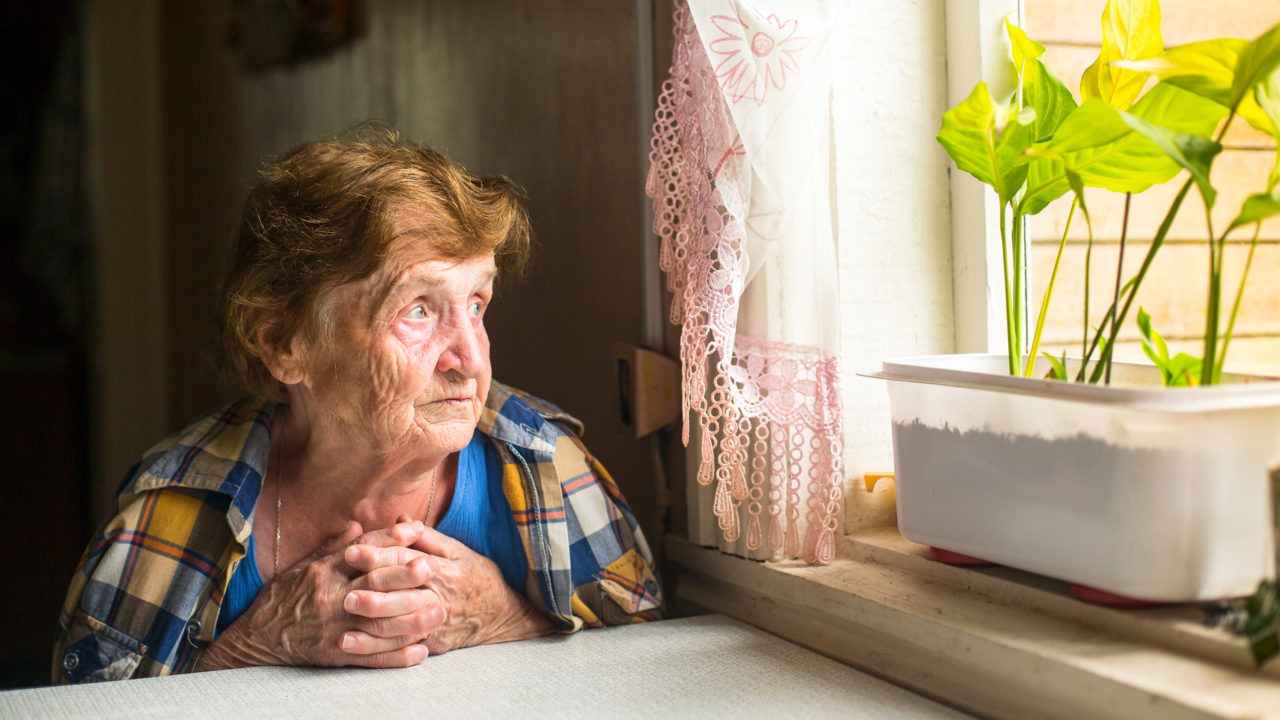Dealing with Loneliness and Isolation in Seniors
There are many hurdles we face as we get older. Health problems tend to become more frequent. Our bodies begin to feel weaker and tasks that were simple in our younger years become more difficult. On top of all that, loneliness and isolation can become the most debilitating thing that a senior can deal with. There is a myriad of consequences that can result from loneliness being unchecked, including:
- Depression
- Sleep problems
- Eat disorder
- Loss of independence
- Increased stress and anxiety
- Suicidal thoughts
- Higher risk of chronic disease (especially cardiac or vascular)
It is important that we are vigilant in identifying elderly friends or family members who may be suffering from isolation and help them overcome their loneliness and the negative factors that come with it.
What Leads to Senior Isolation and Loneliness
While isolation and loneliness can affect people at any age, there are a few reasons it is a common issue for seniors. Some of the causes include:
- Death of spouse
- Children moving away
- A change in the living environment
- Loss of network of friends
- Fear of becoming a burden
- Fear of going out and falling
- Difficulty communicating (language or hearing problems)
- Illness (ex: cancer, Alzheimer’s disease)
What to do to Combat Loneliness and Isolation
The first thing to do to combat loneliness and isolation in seniors is to learn to spot the triggers and symptoms. If something happens in a senior’s life that can lead them to feel isolated, it is always good to face it head-on before serious problems arise.
If an elderly member of your family or circle of friends seems to be isolating himself or herself or seems to suffer from loneliness, here are just a few things you can do to help:
- Visit as often as you can. If you have a busy schedule, make short visits as often as you can. Any time you can spend with a friend or family member will help alleviate feelings of isolation.
- If you can’t make time to visit, make time to call them on the phone and make sure that they can easily reach you if they need to. Take an interest in their hobbies and listen to what’s on their minds.
- Suggest adopting a pet. Offer to help care for it and be willing to take the pet to vet appointments when necessary.
- Encourage the person to join or sign up for various activities: bridge, bingo, arts and crafts, outings with a seniors’ club, dancing, etc. If necessary, drive him or her; you and the other members of your family can even take turns playing chauffeur.
- Hire someone for companion care. Even if they only come one or two times a week, having someone to talk to and help with tasks around the house can greatly help to fight the effects of isolation.
It is important to do what you can to help your senior friends and family members from dealing with loneliness and isolation. Senior members of our society can often be brushed off and ignored and it is our duty to take care of them when they need us.
